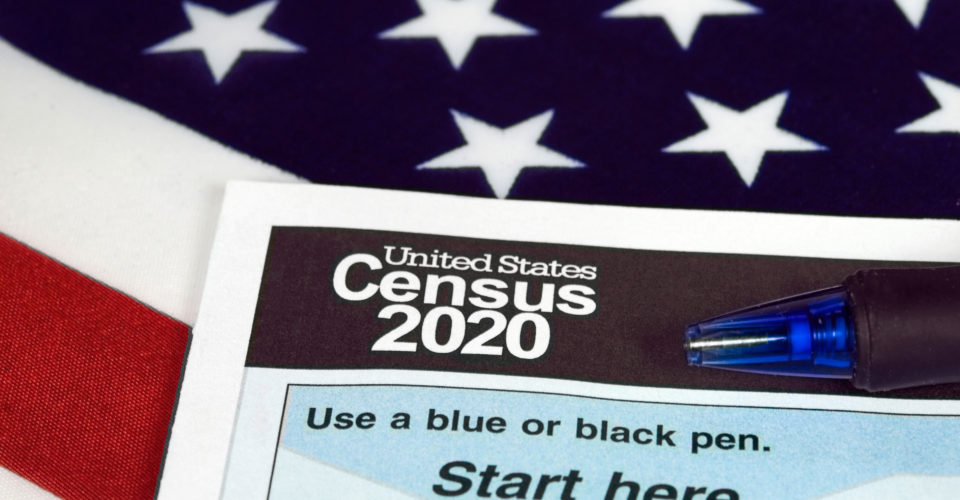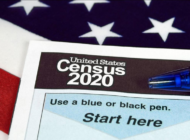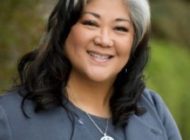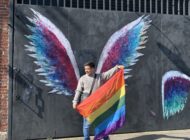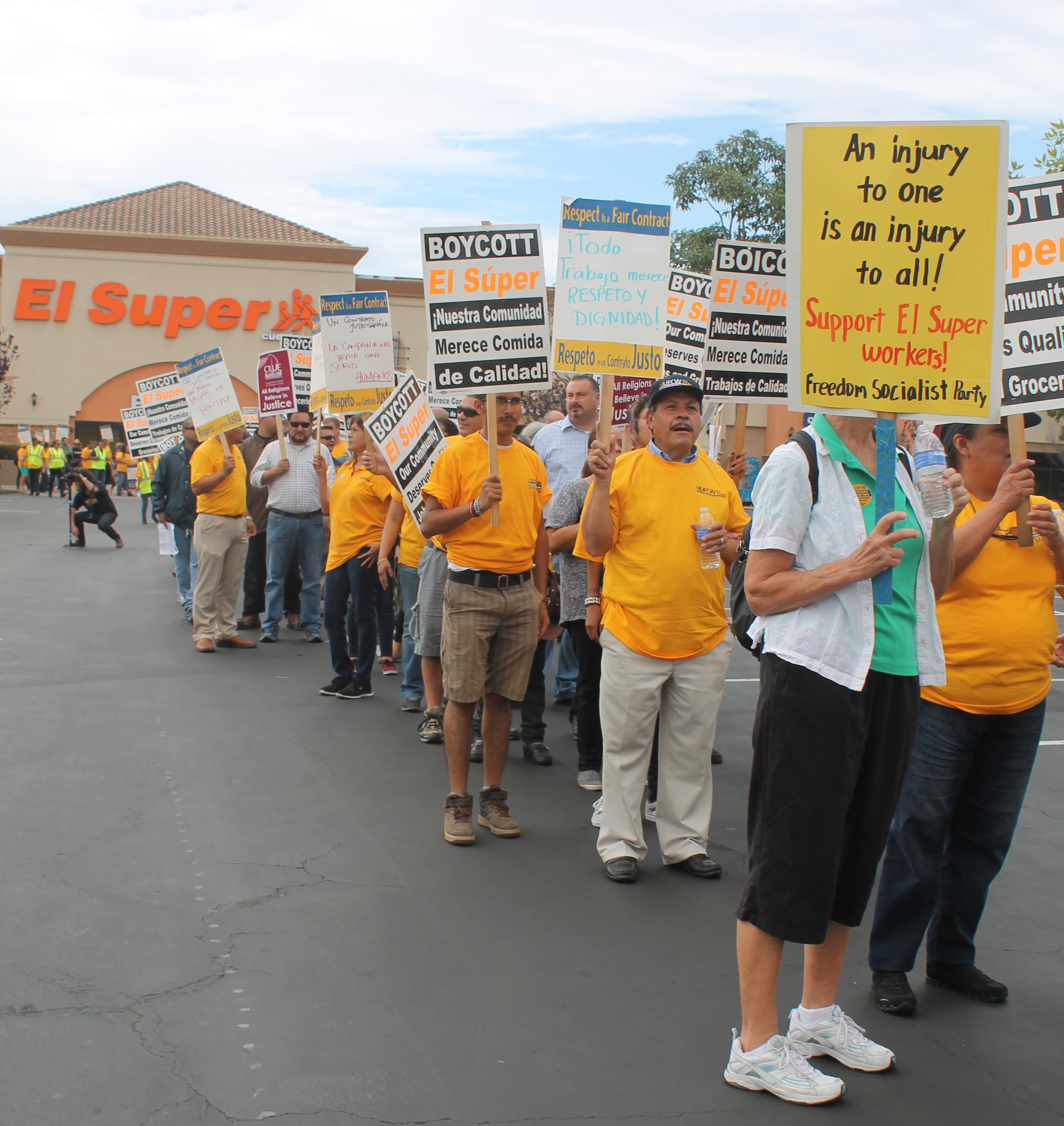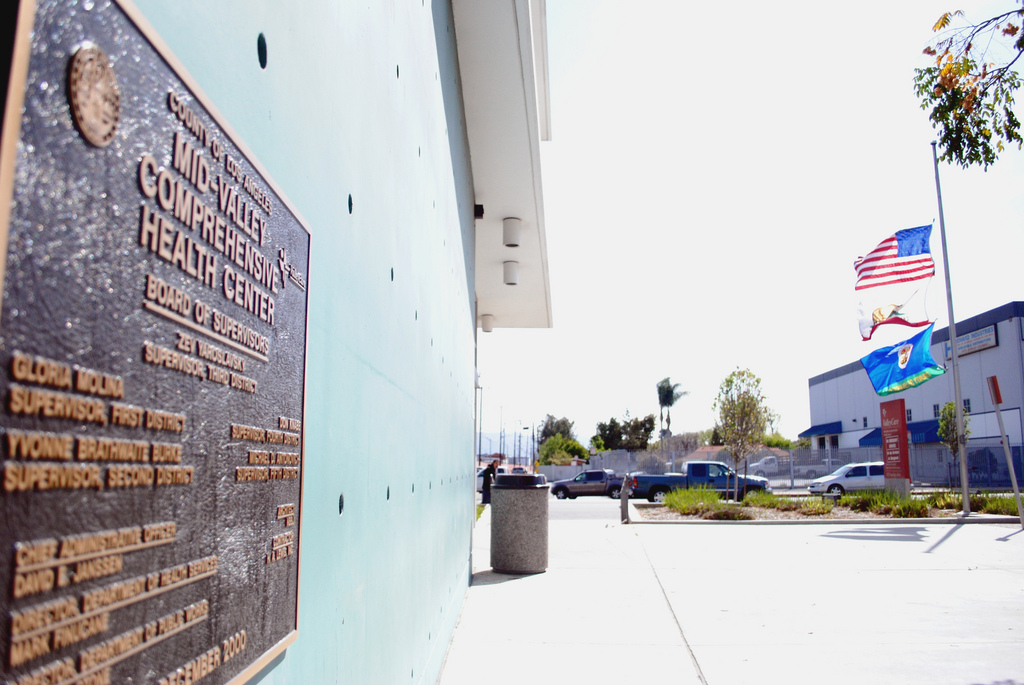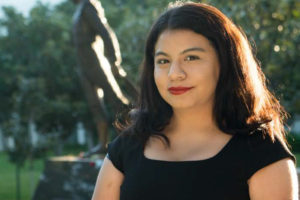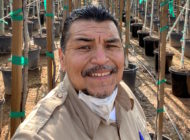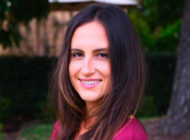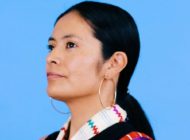“Filling out the census brings money to our schools, health care to our families and political power to our communities.”
By GABRIELA HERNÁNDEZ
EL NUEVO SOL
As the 2020 census forms continue to roll out, officials told reporters in a telebriefing call March 13 that there will be no citizenship question and that everyone’s information, including undocumented immigrants and other visa holders, will remain safe and confidential.
“More importantly, the Census Bureau and its employees are not allowed to share personal census responses with any other government agency, government official, or outside entity for any reason and we stand ready to hold them accountable to the law,” said John Yang, president and executive director of Asian Americans Advancing Justice (AAJC).
Yang was referring to Title 13 of the United States Code that the Census Bureau is bound to follow. Census officers and employees are sworn to confidentiality and are not allowed to share identifying information for 72 years, which includes identities of individuals, addresses, ethnicities and telephone numbers. The Census Bureau’s sole purpose is to use the information to produce statistics every 10 years.
The answers in the census determine which areas need new schools, new clinics and new roads, according to 2020census.gov. It will determine how many representatives each state will have, draw congressional and state legislative districts, and allocate hundreds of billions of federal dollars in programs, such as Medicaid. In circumstances when disasters hit a nation, the census is used to help good Samaritans know the number of people that will need their help.
“Everyone has a part to play in the 2020 Census, and it’s your right to participate,” said Beth Lynk, Census Counts campaign director. “Filling out the census brings money to our schools, health care to our families and political power to our communities. We deserve resources to make our neighborhoods strong – that’s why Census Counts is making sure everyone feels comfortable getting counted in the census.”
Lizette Escobedo, director of the national census program for the NALEO Educational Fund, has two campaigns to make sure Latinos and their children are counted. In addition, NALEO has a national hotline to help answer general census questions and flag anything suspicious, which can be reached out by dialing (877) 352-3676.
“In 2010, out of the 1 million net undercount of young children, about 400,000 of those were Latino children, “Escobedo said. “Latinos, both citizens and non-citizen are amongst the hardest to count populations for every single census.”
The U.S. is becoming more diverse, and Hispanics are on their way to become a quarter of the population by 2045, according to a study by the Census Bureau. Participation across all ethnicities bring information about their overall population. The more people are counted across the nation, the more the federal government will provide for each respective state.
Lynk said the census represents America and should look like the country. She also said participation creates a fair society for everyone because every 10 years, the census tends to always forget the same people, such as people of color, the LGBT community, people with disabilities, immigrants, refugees, young people under five and people of low income including the homeless.
“We need everyone to take part in the 2020 census because essential rights are at stake,” Lynk said. “Critical funding and resources for communities that have historically gone without a say, and who leads the political institutions that have the power to protect or harm us. The ability to gather the evidence needed to protect people from discrimination and a democracy where every voice matters and every vote is valued.”
Each person per household who is at least 15 years old can complete the form online, by phone or by mail once the invitation is received. If not completed by April 1, then census employees will send a paper questionnaire in the following few weeks. If not completed, then a Census Bureau interviewer will directly contact the household in May. It is required by law to respond to the questionnaire, and the form can be completed at 2020census.gov. Due to the current pandemic of Covid-19, the Census Bureau extended the final date two weeks to mid-August. College students living at school should be counted at their school address even if they had to move out due to the pandemic. Watch this video:
Tags: 2020 Census Asian Americans Advancing Justice Beth Lynk Censo 2020 Hispanic John Yang latino Lizette Escobedo NALEO







